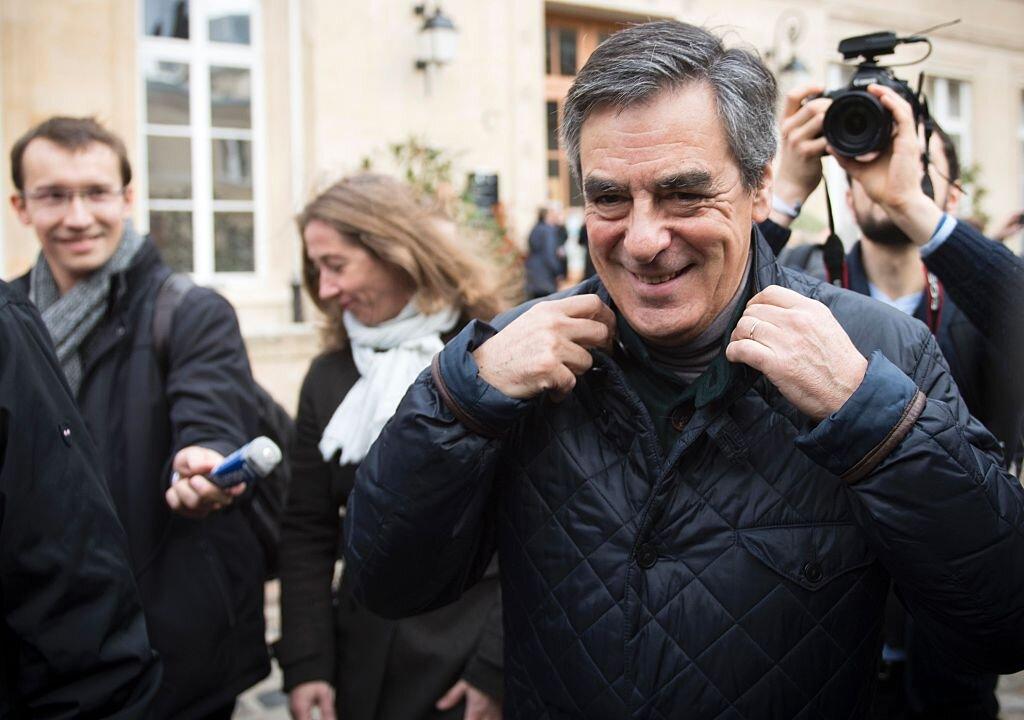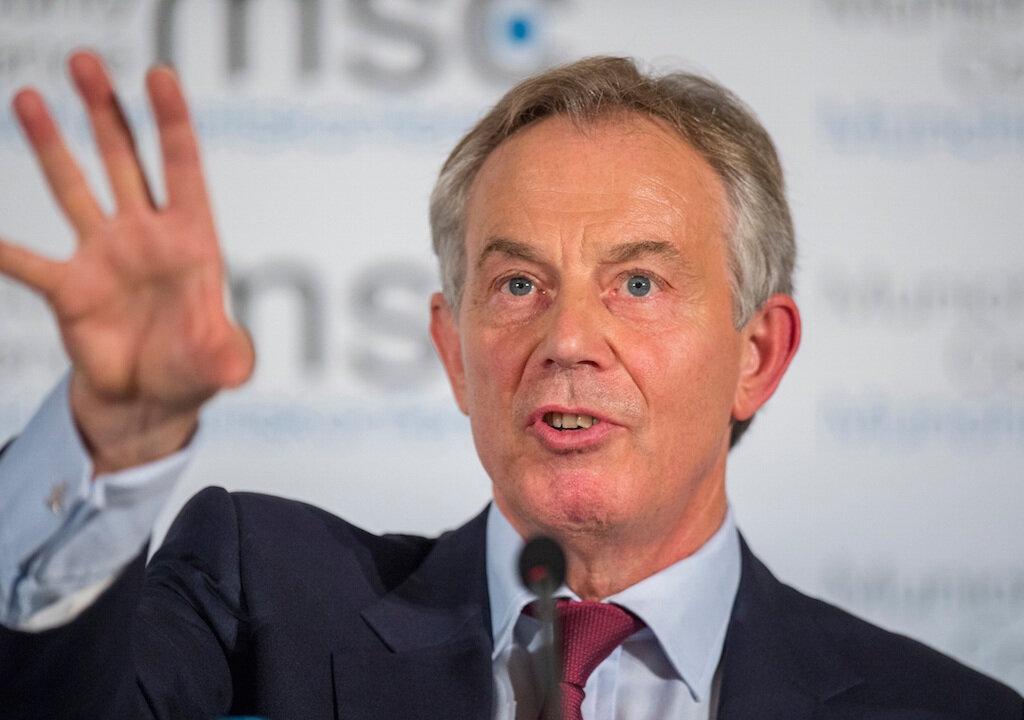For the past 12 weeks, the 96 percent German city of Dresden has been host to weekly marches under the banner of a xenophobic group called Pegida, short for Patriotic Europeans Against the Islamization of the West. After a massive 15,000-strong protest that took place on December 15 that put Pegida on policymakers’ radars, January 12th saw the biggest one to date, drawing some 25,000 according to police sources.
“Asylum seekers in Germany have expensive mobile phones, while I cannot afford such luxury and others still cannot afford to eat properly”, was the resounding opinion of one participant. Led by Lutz Bachmann, a 41-year-old PR executive with a colorful past that includes a criminal record for burglary and drug possession, charges that forced him to take refuge in South Africa, the weekly protests sent shockwaves across Europe. Participants waved German flags and banners ranging from the more common “No Shari'a law in Europe” to the surreal “Potatoes not doner kebabs” as well as “We are the people”, a phrase famously used by East Germans in the run up to the fall of the Berlin Wall.
And then, less than 48 hours after this march, the world was shook to the ground by the chilling news of the attack mounted by masked individuals in the Parisian offices of Charlie Hebdo, a satirical magazine, which left 12 people dead. Immediately, Pegida proclaimed its prescience and wrote on its Facebook page “The Islamists, which PEGIDA has been warning about for 12 weeks, showed France that they are not capable of democracy, but instead look to violence and death as an answer”. The announcement was followed by further denunciations of the failed model of European multiculturalism coming from right-wing politicians.
The protests are a reaction to the increasing number of asylum seekers taking refuge in Germany from conflict-torn places such as the Middle East or North Africa. Some 200,000 refugees are expected to have in 2014, an 80 per cent increase from last year and a third of the total number of asylum requests awarded in the European Union. Germany’s growing population of four million Muslims is also seen with distrustful eyes by many Germans who are afraid that this influx will shred Judeo-Christian Western values, identity and culture.
Moreover, immigration to Germany reached a 20-year high last year, making the country the world’s second most popular destination after the US. Jobless Spaniards, Italians and Poles have flocked this year to tap into Europe’s only country that boasts low unemployment (5.1%), economic growth and, more importantly, a massive shortage of qualified workers. Indeed, according to research conducted by Boston Consulting Group, Germany could experience a shortage of up to 2.4 million workers by 2020 and as much as 10 million by 2030, as an aging population will shrink the labor supply by some 6 million people.
In the wake of the Charlie Hebdo attacks, the xenophobic narrative peddled by Pegida is about to be warped away from asylum seekers as the group will try to capitalize on the expected rise in anti-Islam feeling. This strategy is bound to swell the ranks of the next Pegida march, programmed for January 12 and could draw in dragnet fashion individuals who do not necessarily espouse right wing sentiments.
2015 – the year of European fascism?
Nevertheless, the Dresden marches, are just the latest installments in a long history of growing extremist feeling across Europe. They are merely symptoms of a much wider illness and should not be taken out of context as irrefutable evidence that Europeans have rediscovered the fascist gene. A better-rounded approach would point to the steady decline of political participation across the continent, in both national and European elections, the growing resentment towards rapacious capitalists and the fragmentation of the middle class brought about by declining living standards. As austerity slowly monopolized the collective hive mind of European policymakers, citizens turned against mainstream parties and embraced emotion-driven populism and its simplistic policies for solving the woes of the average Joe. This is not political radicalization; this is political alienation.
The bubble burst earlier this year, when the elections for the European Parliament (EP) saw a crushing defeat for traditional politics as nationalist, anti-immigration, anti-Islam and anti-Europe far-right parties topped the polls in countries such as Germany, France, the United Kingdom, Austria and Denmark. The EP is now host to a perplexing band of opportunistic politicians linked to neo-Nazi or anti-Semitic ideas - not quite the right figures to lead Europe out of its rut.
Elsewhere in the EU’s political orbit, Ukraine is grappling with its own accusations of having allowed the Maidan revolution to propel individuals associated with fascist or otherwise nationalist platforms to the political stage. Individuals such as Dmytro Yarosh, a Ukrainian nationalist wanted by Interpol for incitement to terrorism during the popular uprising in Kyiv, was elected to Parliament in the October legislative elections. The purge that has led Ukraine to turn away from any officials associated with the former regime has pushed new President Poroshenko into bed with right wing figures at the expense of seasoned technocrats such as former Minister of Revenues and Duties, Oleksandr Klymenko who is now on the sanctions list.
Europe’s rightwing swing will have long-term consequences on the policies enacted by the Old Continent. Even if such feeling is shared by a small, albeit vocal, set of voters, mainstream parties are already hardening their tone on certain issues such as immigration policy (France, UK) or are taking a stronger stance towards Russia (Ukraine). With the Charlie Hebdo attacks and the expected growth in anti-Islam feeling across Europe, the political spectrum is bound to veer even faster to the right. While it is too early to assess whether a return to 1930s nationalism is possible, policymakers should expect more expressions of discontent like the Dresden marches in the future.




